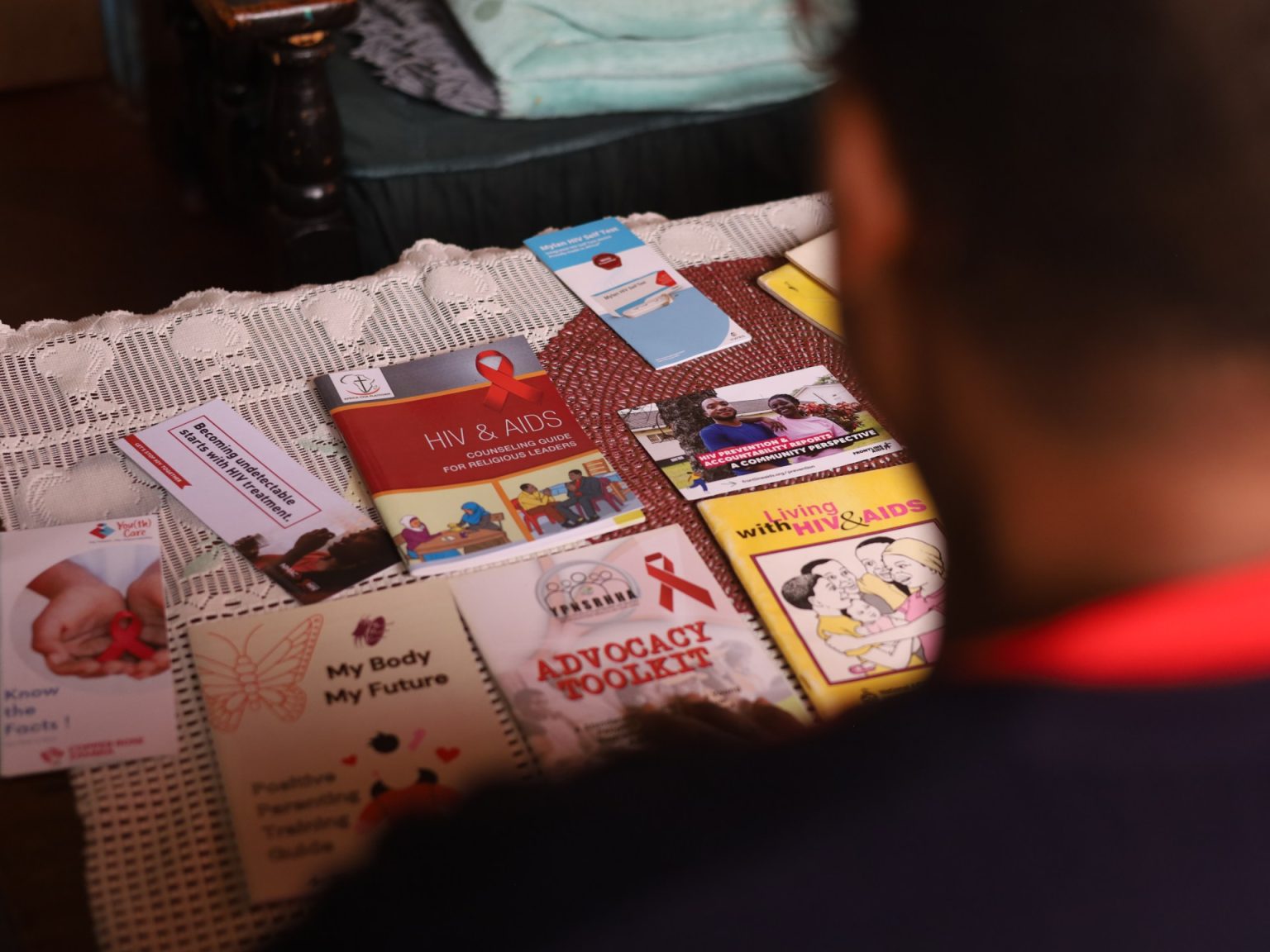Wonder Mwatamawenyu tested positive for HIV more than two decades ago, feeling like he had signed his death warrant. However, much has changed in the 20 years since his diagnosis, with advancements in HIV treatment such as antiretroviral therapy (ART) making it more accessible and effective. Though ART does not cure HIV, it helps patients manage the disease and lead healthier lives, reducing mortality and morbidity. With interventions like ART and awareness campaigns, AIDS-related deaths and new HIV infections have declined in Zimbabwe over the years.
Despite these strides in HIV prevention and treatment, stigma and discrimination remain prevalent in certain populations. Stigma against transgender people, sex workers, and men having sex with men is still high in Zimbabwe, hindering access to healthcare services and increasing fear and reluctance to seek treatment. Community-led organisations and peer-led models are being promoted to reach out to high-risk groups and address barriers to healthcare. However, there is a need for more honesty and recognition of the needs of all key populations to truly end AIDS by 2030.
Zimbabwe has made progress in reducing mother-to-child transmission, with mandatory testing for pregnant mothers and medication to prevent transmission to unborn babies. While the current mother-to-child transmission rate is eight percent, down from 30 percent in 2004, there are still challenges in providing healthcare services to marginalized groups. Access to health services for sexual minorities such as sex workers and the LGBTQ community lags behind, highlighting the need to address the needs of all key populations to achieve the 2030 target of ending AIDS.
To reach the 2030 target, HIV awareness programmes should continue at the grassroots level, with funding provided to community-based organisations led by people living with HIV. Challenges such as funding shortfalls and the need for affordable treatment for non-communicable diseases that often accompany HIV and AIDS must be addressed to ensure that all individuals living with the disease have access to necessary care and support. Despite the challenges, individuals like Mwatamawenyu and Mlambo have found strength and hope in community health groups and support networks, sharing their stories and inspiring others to continue the fight against HIV and AIDS.













